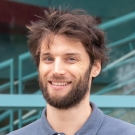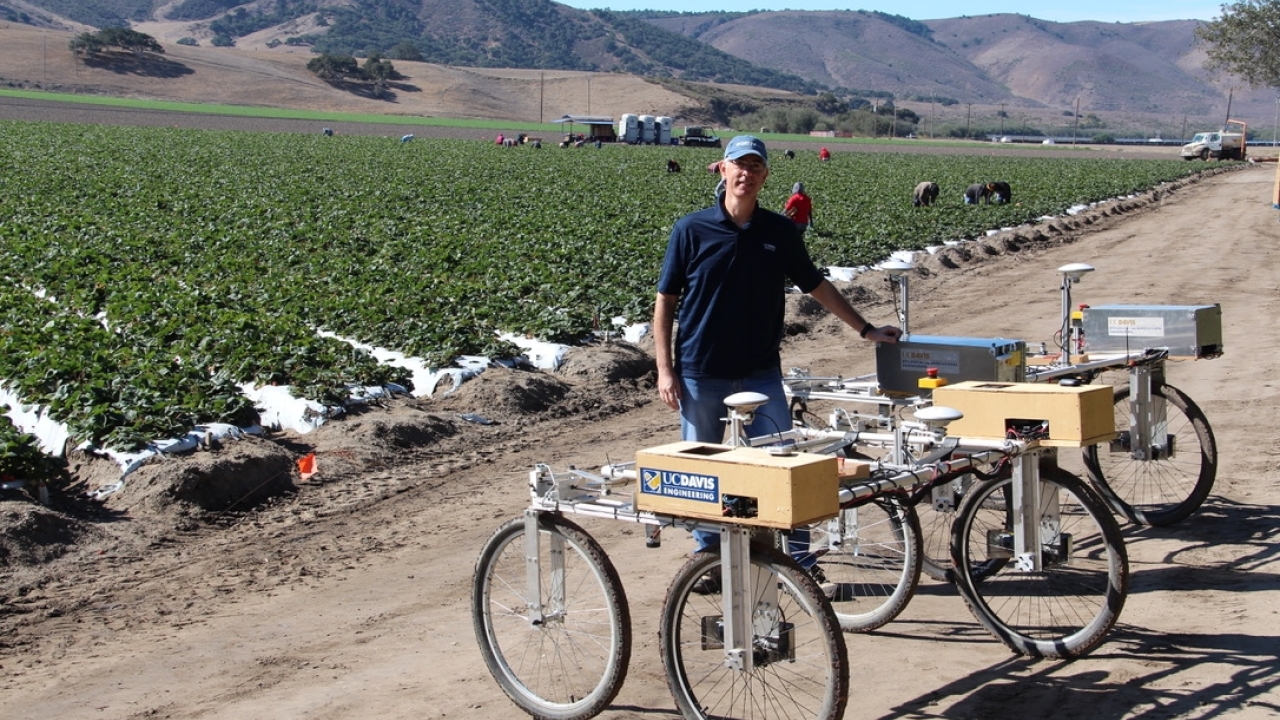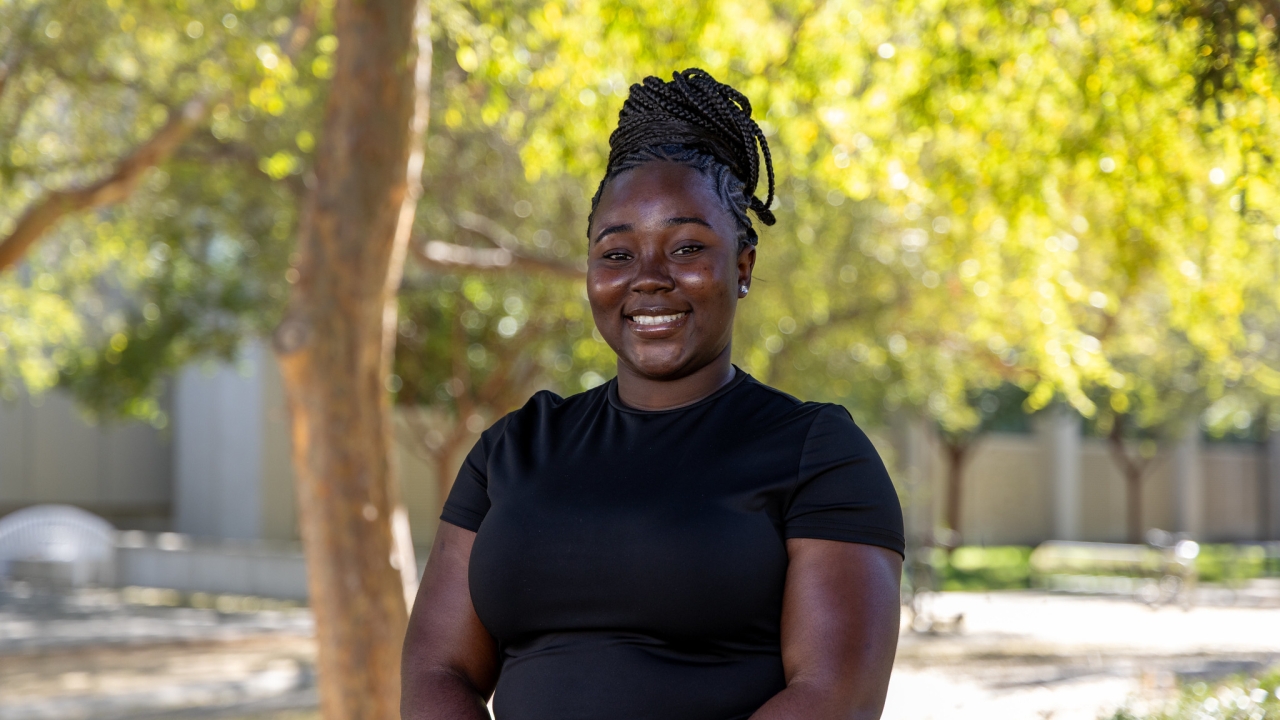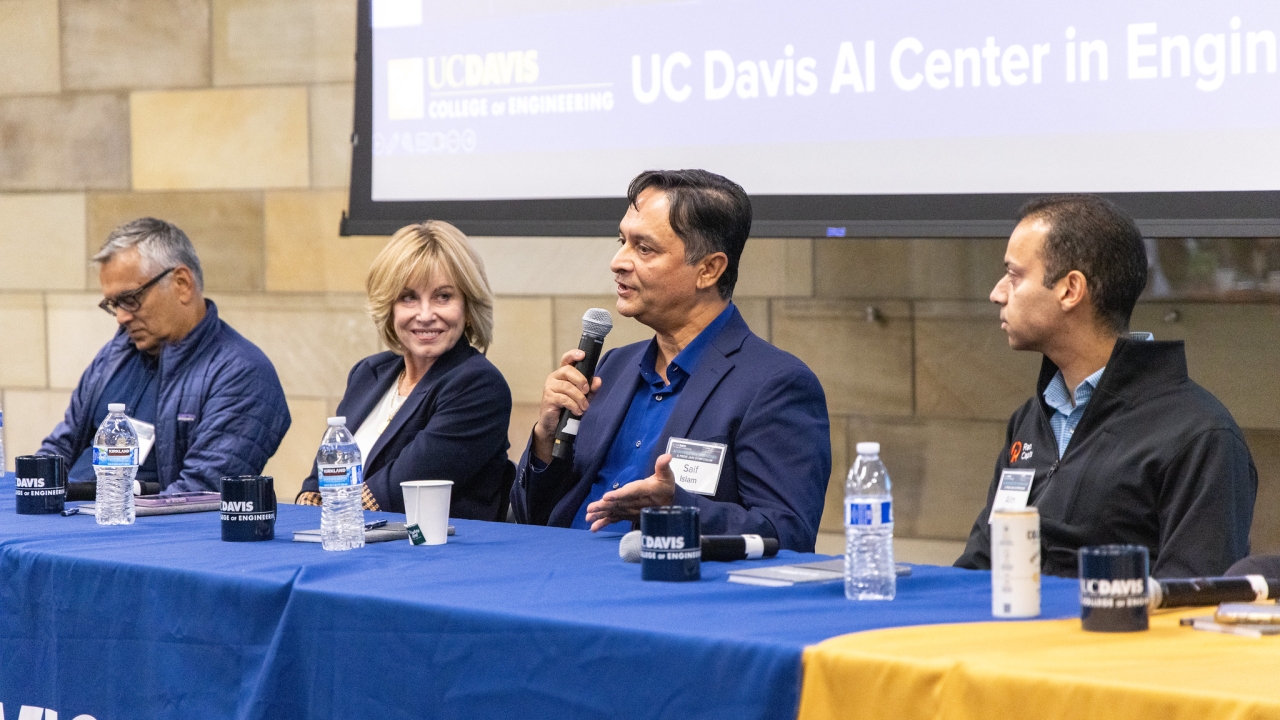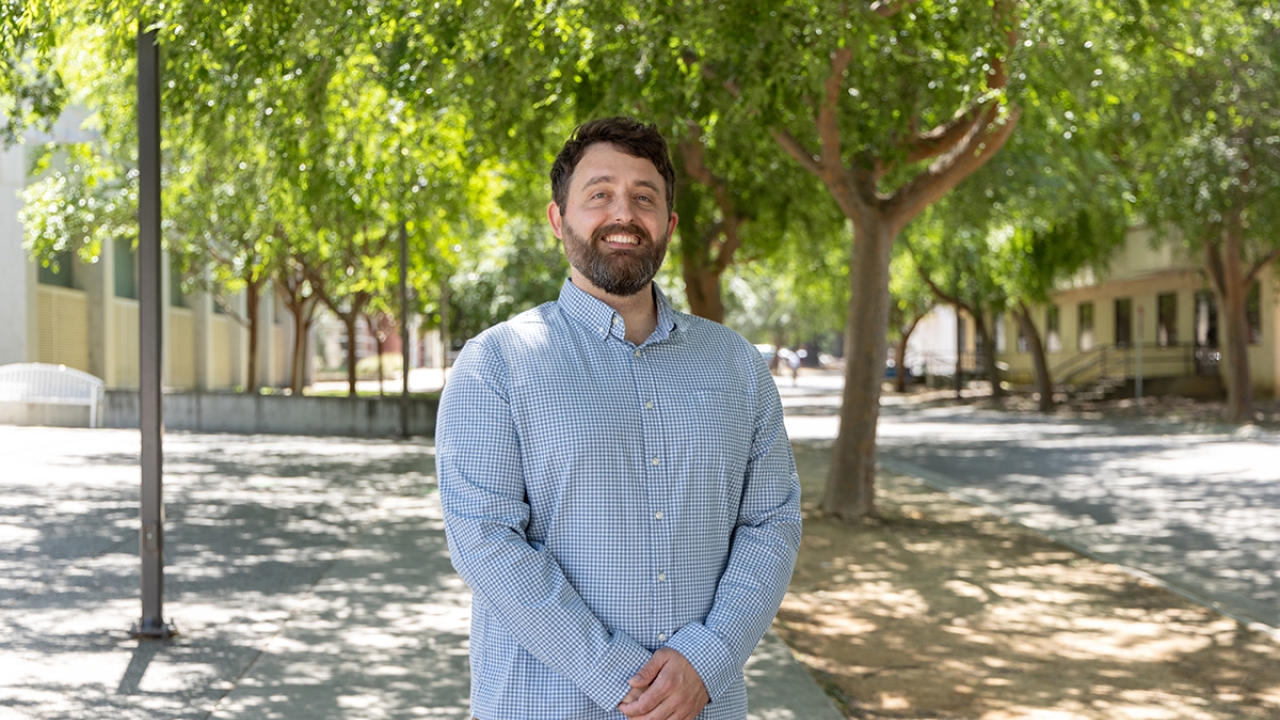
Electrical and Computer Engineering Alum Wins Jeffery C. Gibeling Master's Thesis Excellence Award
The University of California, Davis, College of Engineering has selected Noah Glick as the recipient of the 2025 Jeffery C. Gibeling Master's Thesis Excellence Award. Glick earned his master's degree in electrical and computer engineering in 2024 under the mentorship of Assistant Professor Billy Putnam.
The annual award recognizes the master's student who submitted the best master's thesis, as well as the mentorship of their major professor. It is named in honor of Professor Emeritus of Materials Science and Engineering Jeffery Gibeling, who served as the college's interim dean in 2021 and provided invaluable service to graduate students over his 37-year career.
"I'm deeply grateful to Professor Putnam, who provided me with an opportunity to work on a project that perfectly aligned with the academic interests I developed during my time in the department," Glick said. "His mentorship and encouragement were invaluable, and his passion for teaching continues to inspire me. Receiving this award is a tremendous honor, and it reflects not only my own efforts but also the support and guidance I was fortunate to receive."

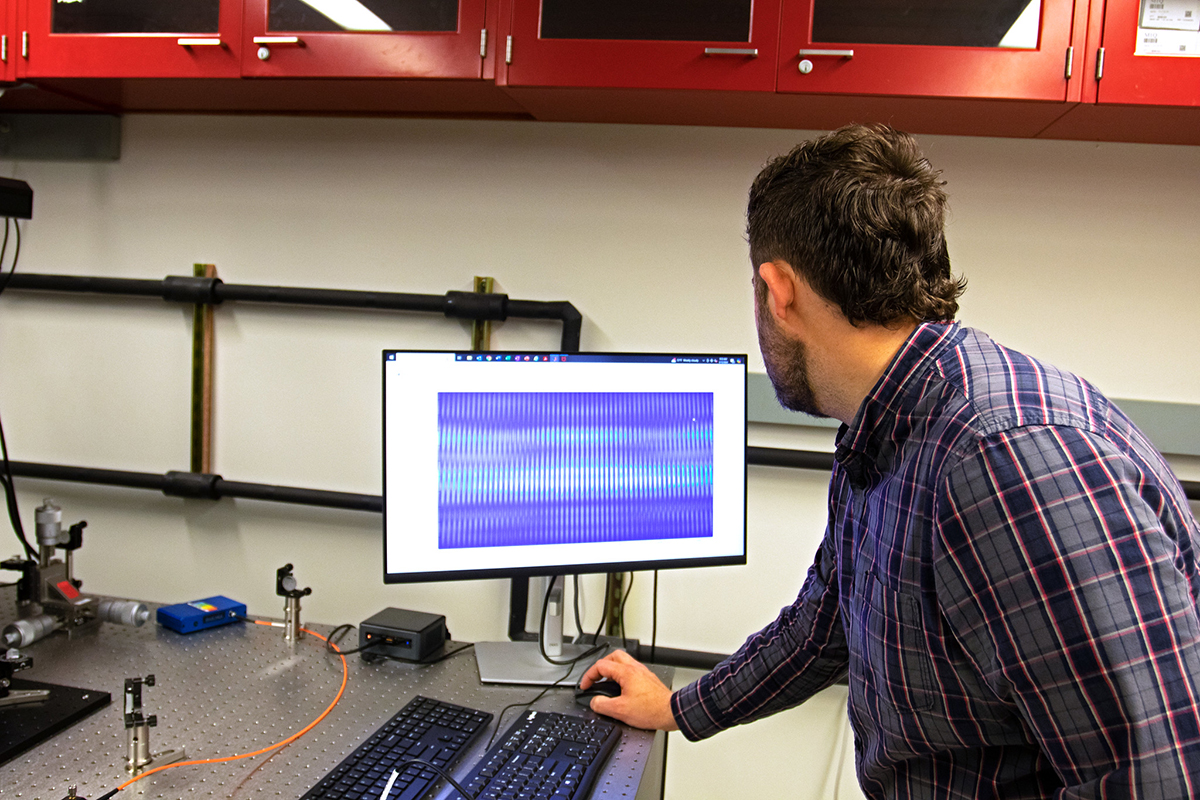
Glick's thesis, titled "Ultrafast Pulses Produced via Random Quasi-Phase-Matching with Frequency-Resolved Optical Gating," is a significant contribution to the field of nonlinear optics.
For the first time ever, he demonstrated a system using a modified version of Frequency-Resolved Optical Gating, or FROG, that can measure the time-domain profile of light generated by random quasi-phase-matching.
This means his system can measure light pulses with durations on the scale of femtoseconds. To put into perspective how brief a measurement of time this is, the ratio of one femtosecond to one minute is equivalent to the ratio of one minute to the age of the universe.
"Noah's measurements are shifting the way people think about random phase-matching processes, and his demonstration of these time domain measurements will encourage people to build similar pulse-measurement systems in the future," Putnam said.
Putnam and Distinguished Professor of Electrical and Computer Engineering Jonathan Heritage acclaimed Glick's exceptional engineering and lab acumen, saying his master's thesis was one of the best they had ever read. They also praised his writing and ability to explain FROG, a notoriously difficult method to convey, even for experts in the nonlinear optics field.
Glick's story as an engineer speaks strongly to the award's celebration of Gibeling's service to graduate students.
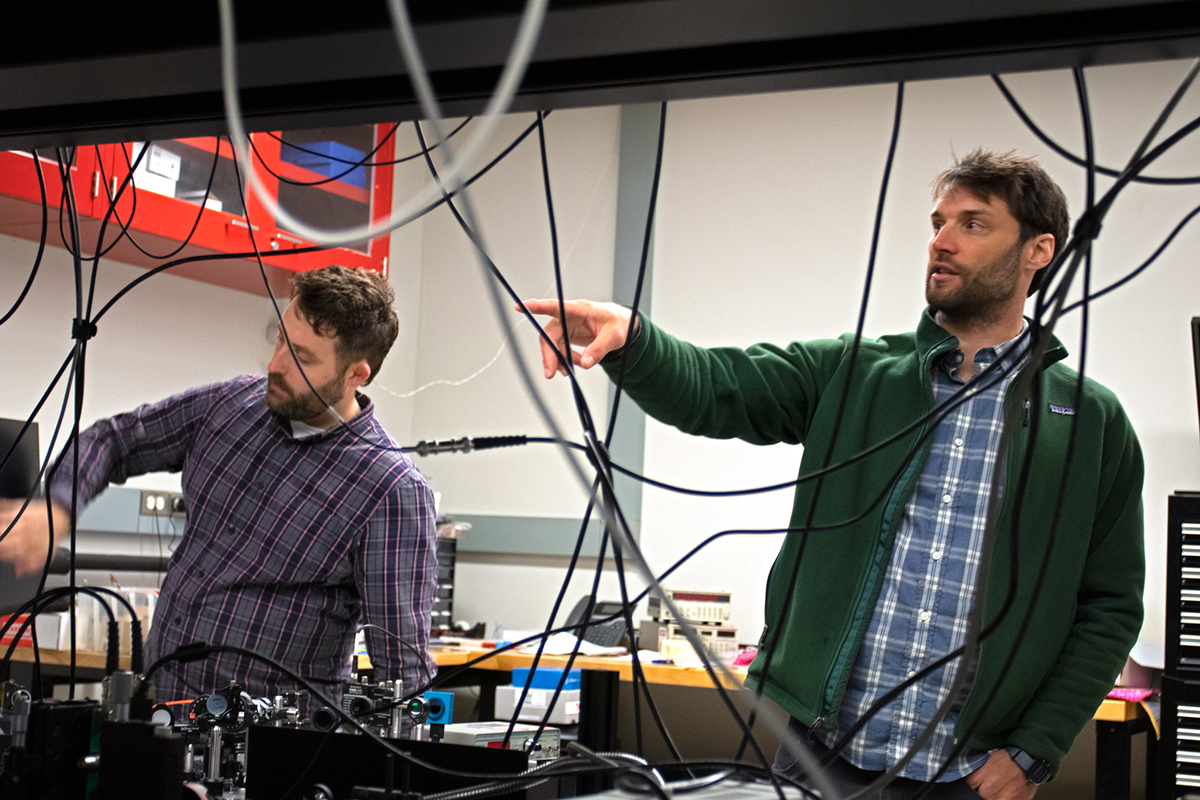
He received his bachelor's degree in art studio from UC Davis in 2012, but didn't find the artist's path to be the right fit. Unsure of what professional direction to take, he spent the following years working as a carpenter, coach and even a commercial fisherman in Alaska.
Through these roles, he discovered a desire to build and create and a need for a technical rigor that truly engaged him. That realization led him to explore STEM more seriously. He began taking engineering classes at a Sacramento community college in 2019, which set him on the road to the master's program in the UC Davis Department of Electrical and Computer Engineering.
Glick's ability to excel as a master's student in electrical and computer engineering, without extensive prior academic training, is a testament to his scholarship and determination, as well as to the mentorship of Putnam and the support of the College of Engineering. As Putnam notes, Glick's UC Davis story is an example of how the college provides opportunities to students from different backgrounds and experiences.
"Our college provides a tremendous education to our students and creates a welcoming environment for any student, irrespective of their background, to learn all the most beautiful ideas that humans have thought up to build whatever crazy stuff they can dream."

